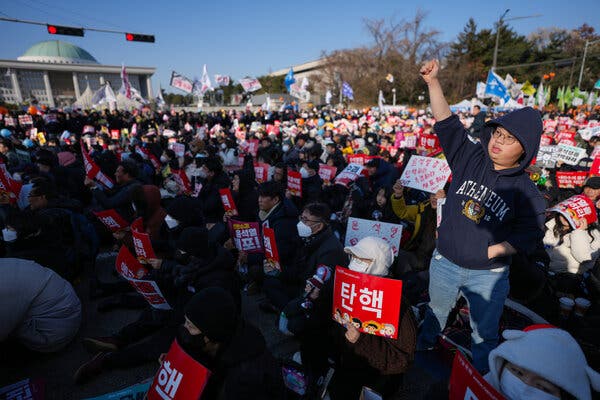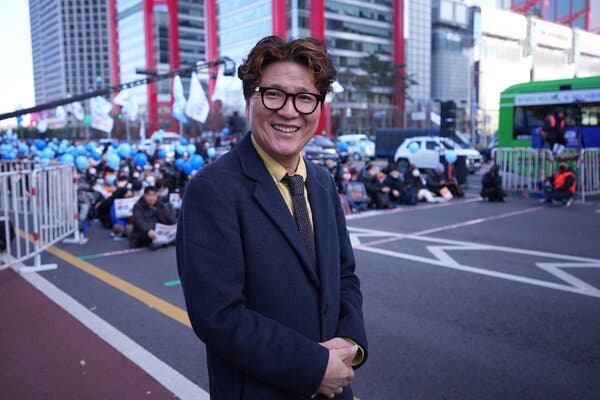PVH, which owns Calvin Klein and Tommy Hilfiger, is targeted for allegedly avoiding purchases from the region where the Chinese government has cracked down on Muslim minorities.

China said on Tuesday that it would investigate whether PVH, the American retailer that owns the Calvin Klein and Tommy Hilfiger brands, has taken “discriminatory measures” against products from Xinjiang in China’s far west.
The announcement, by China’s Ministry of Commerce, is a new escalation of China’s effort to fight bans or consumer boycotts of goods from Xinjiang.
Many Western governments have begun restricting or banning products from Xinjiang following mass arrests and evidence of forced labor among the region’s predominantly Muslim ethnic groups, particularly the Uyghurs. Researchers have cited evidence that cotton production in Xinjiang has been tainted by coercion.
Beijing is sending a message to multinational corporations that if they comply with consumer boycotts or government bans on products from Xinjiang, they may face retaliation in China.
China’s action underlines how big companies increasingly find themselves sandwiched between pressures from the Chinese government, which defends its policies in Xinjiang, and Western countries and human rights advocacy groups. PVH, which is based in New York, did not immediately reply to emails seeking comment.
On Friday, the Inter-Parliamentary Alliance on China, a group with lawmakers from at least 22 countries and the European Union, issued a statement calling for Volkswagen to withdraw from Xinjiang. Volkswagen, Germany’s largest automaker, has a 190-employee joint venture in Xinjiang with a carmaker owned by the Shanghai municipal governments. Chinese state-owned enterprises like Volkswagen’s partner follow Beijing’s lead in opposing any withdrawal from Xinjiang.



